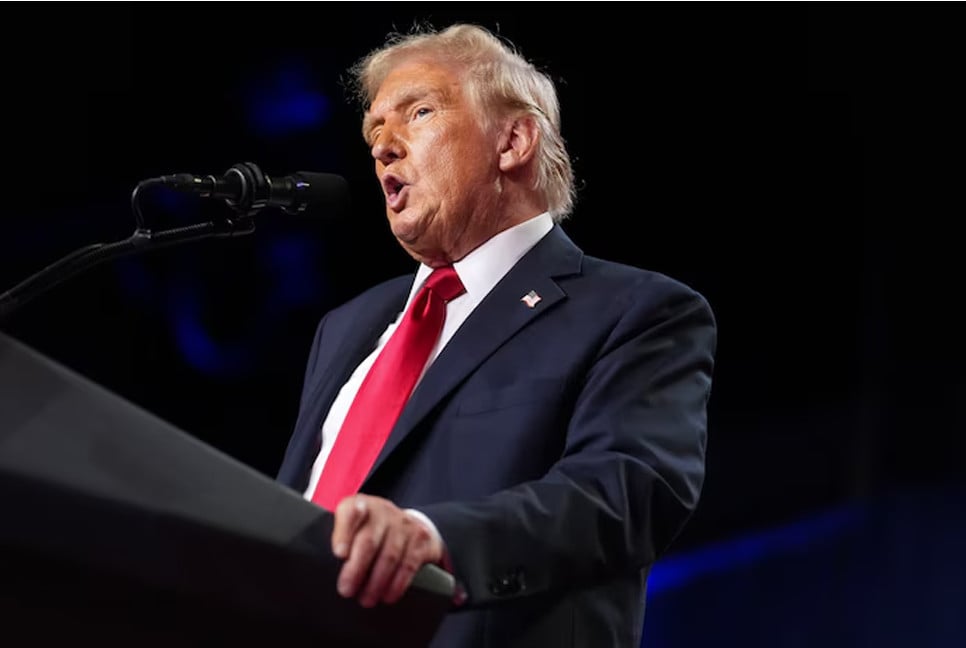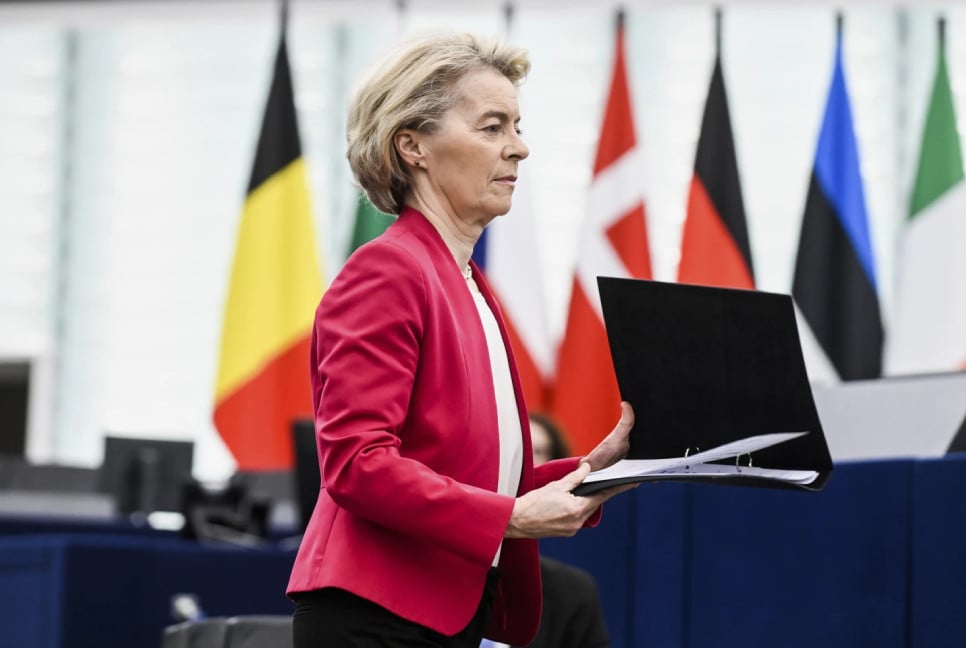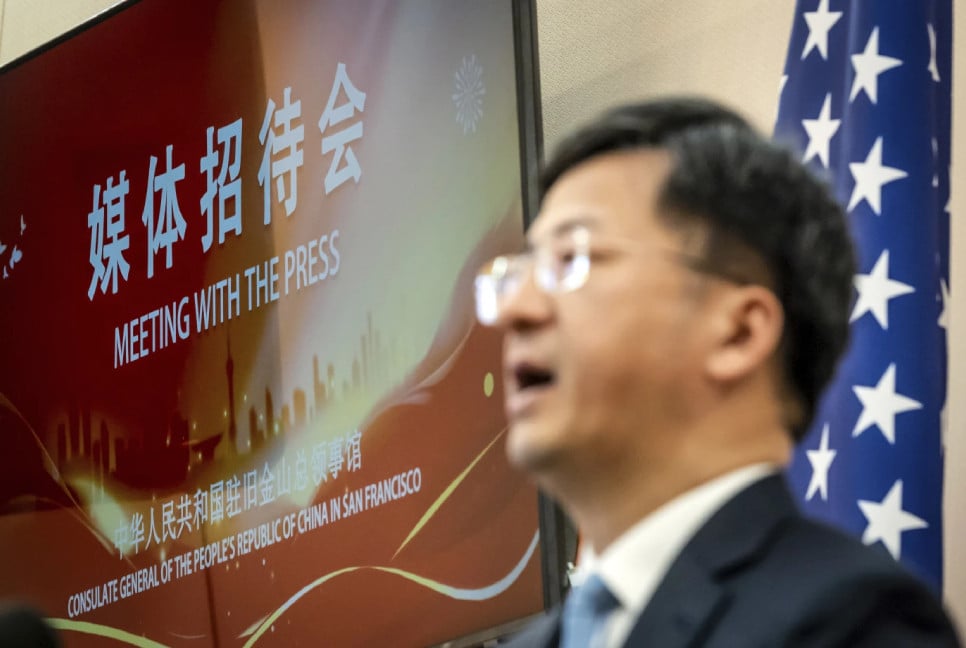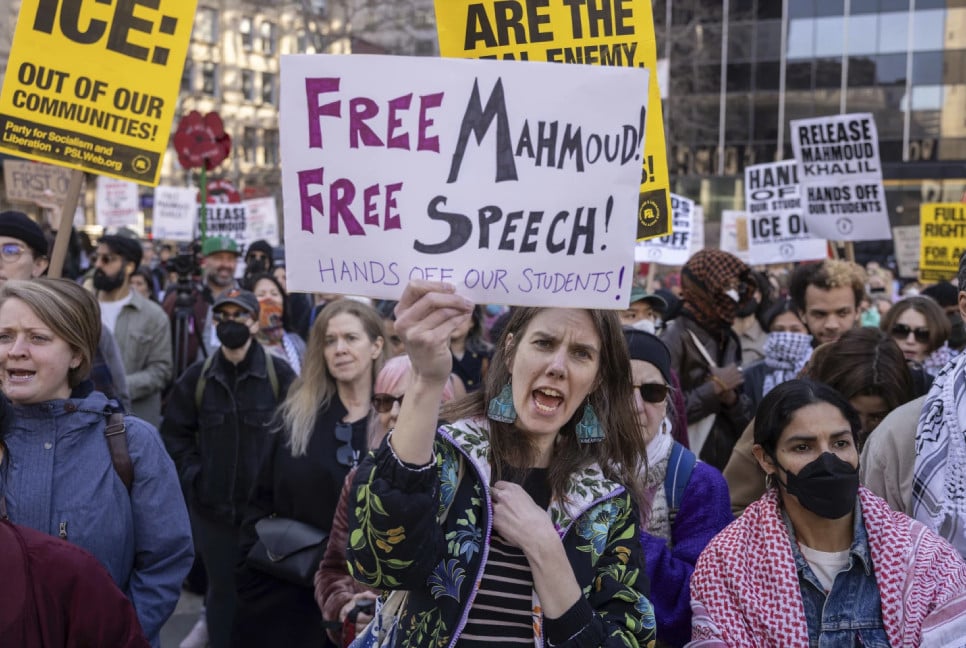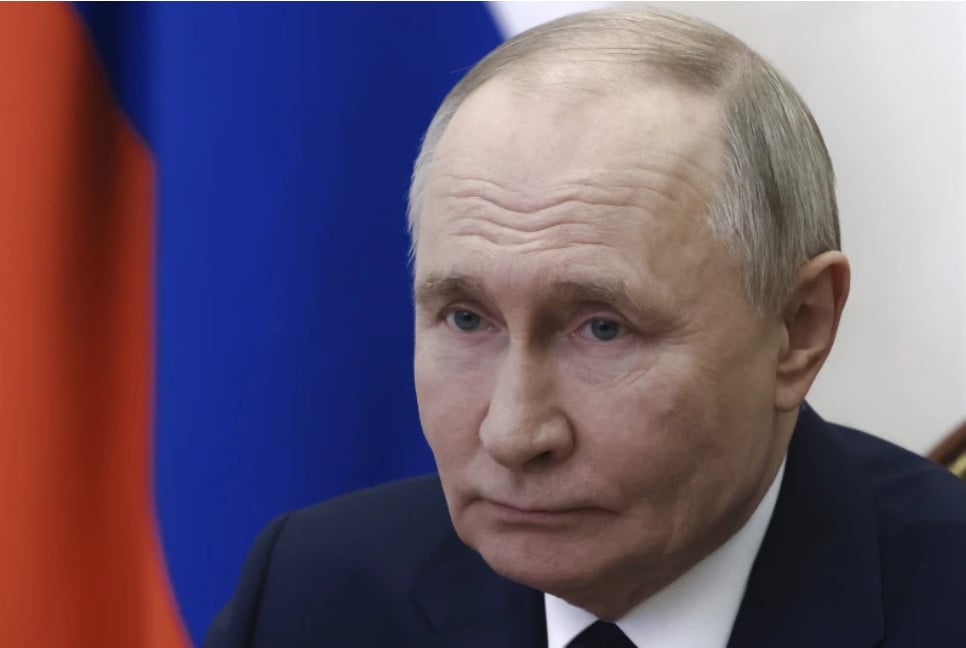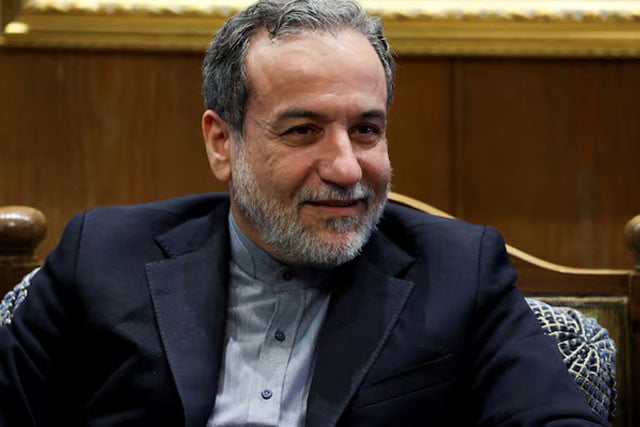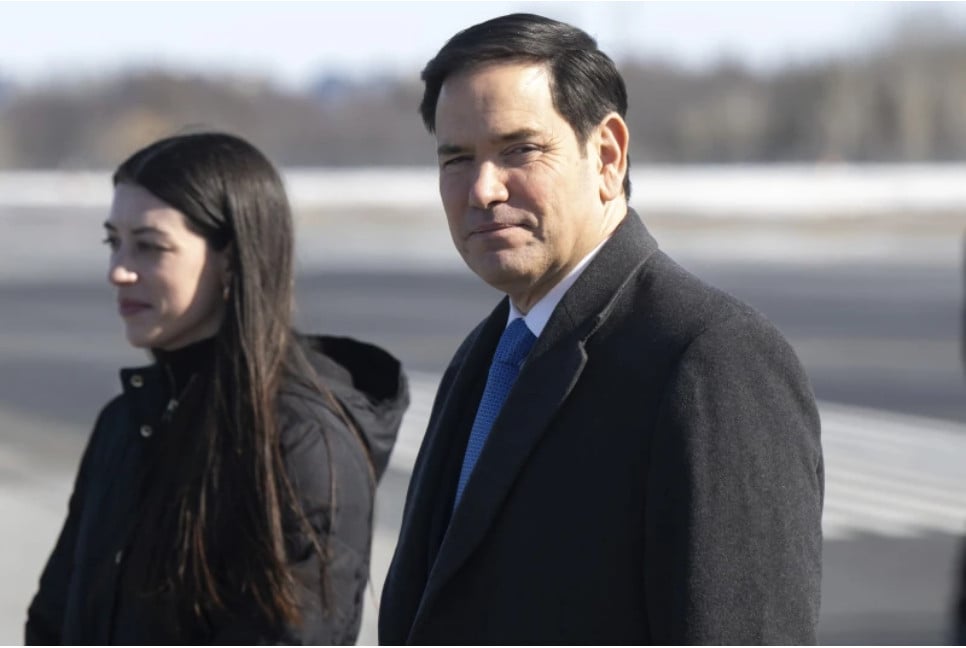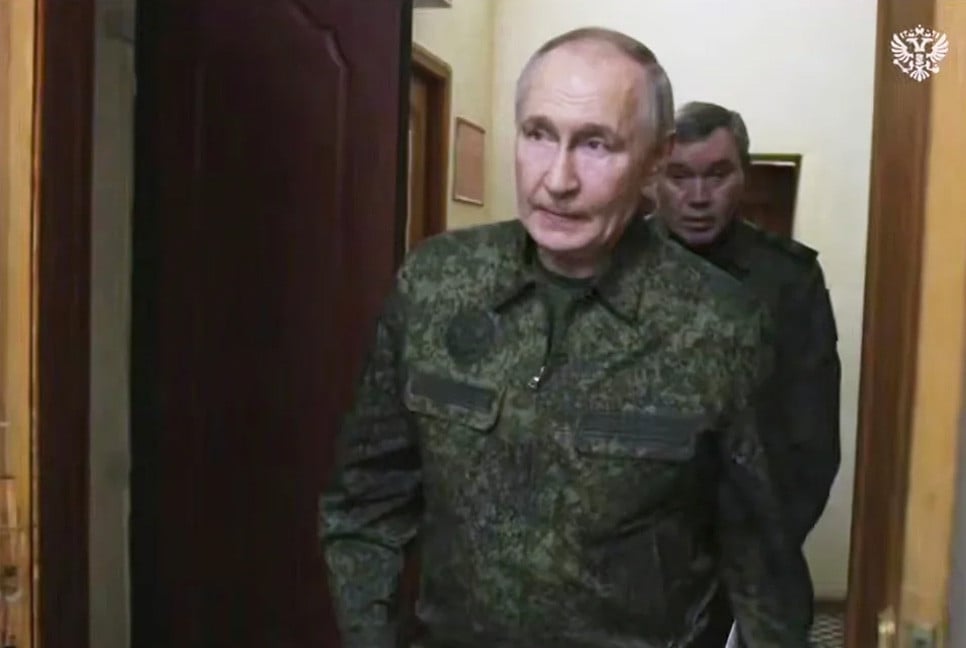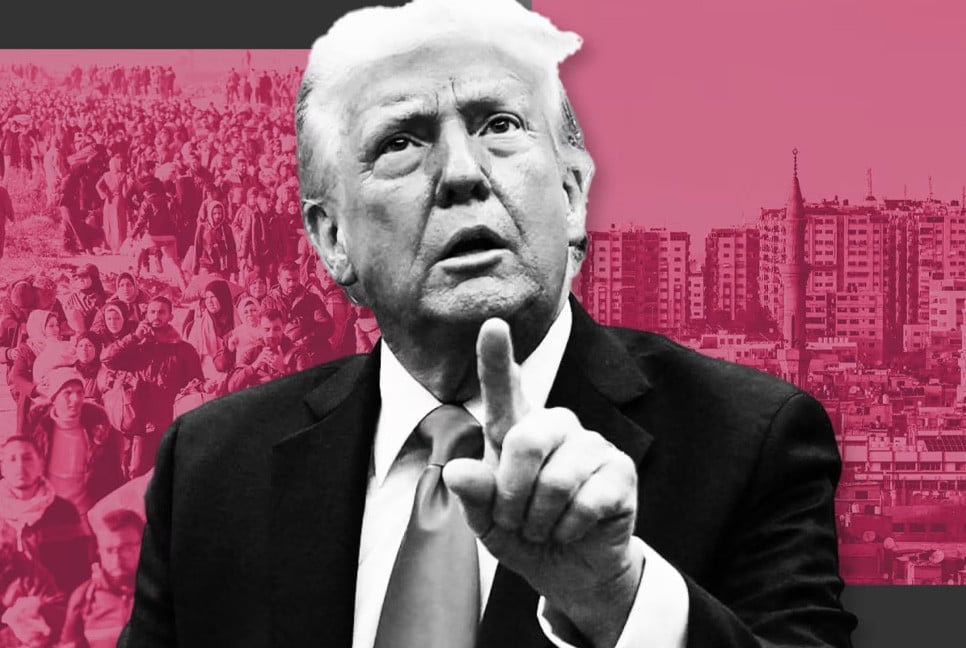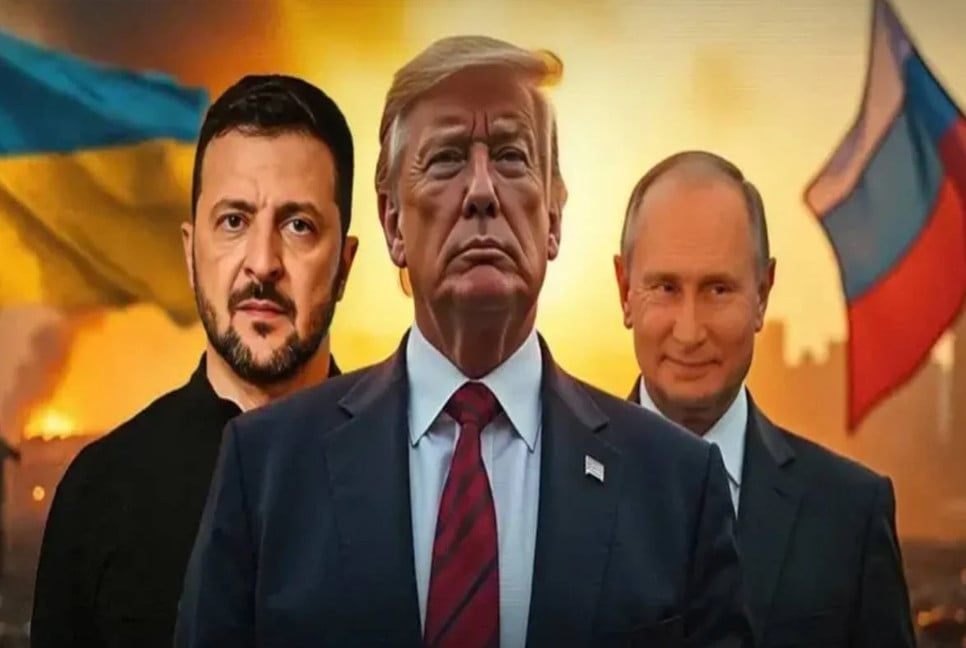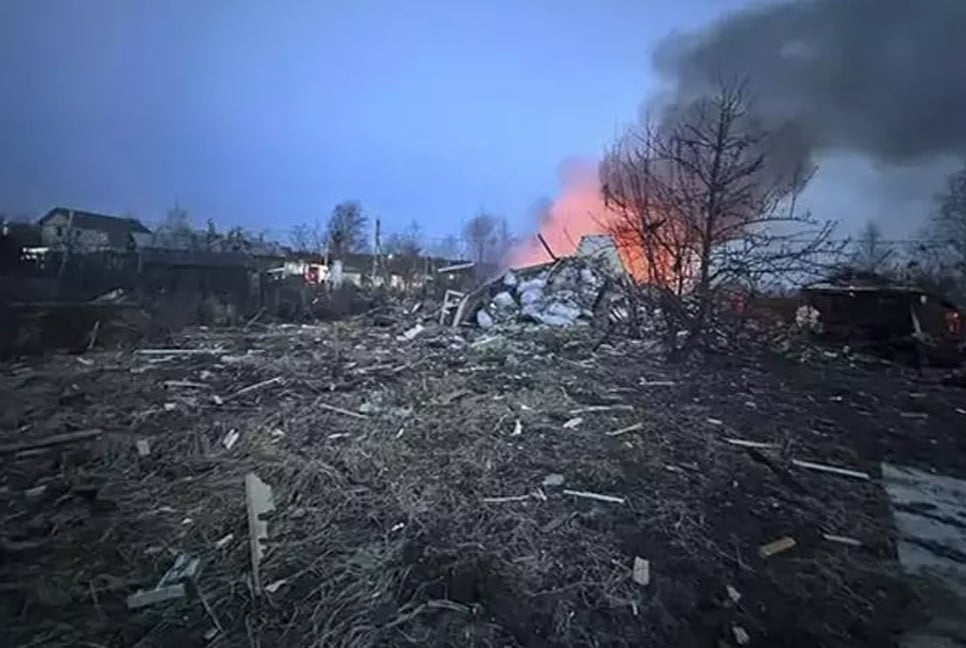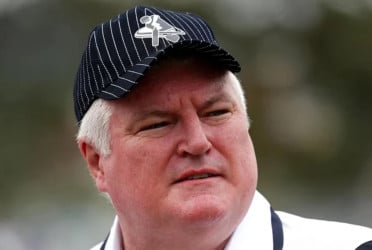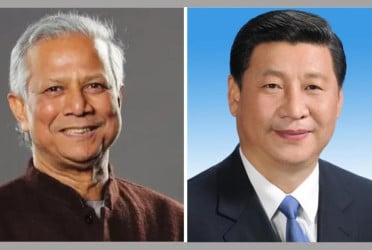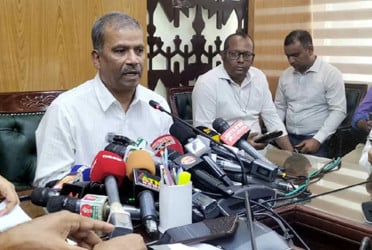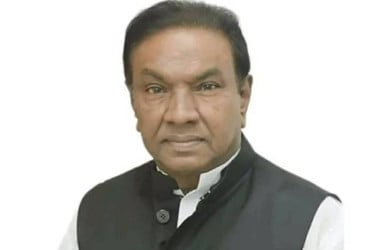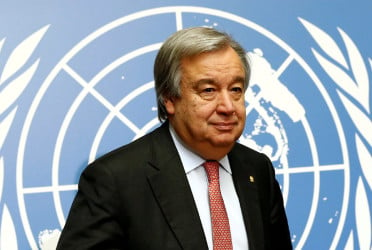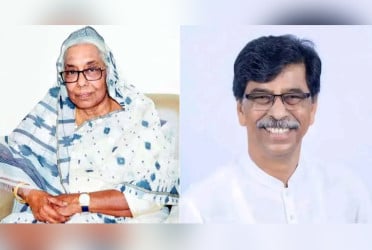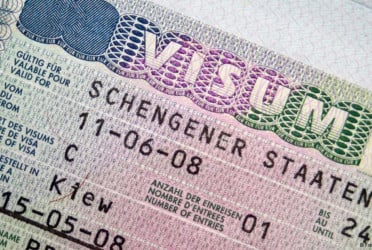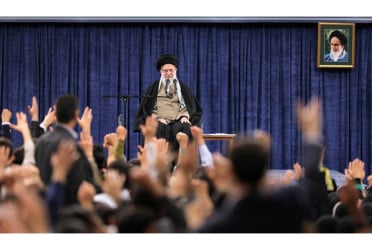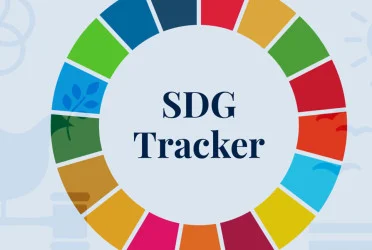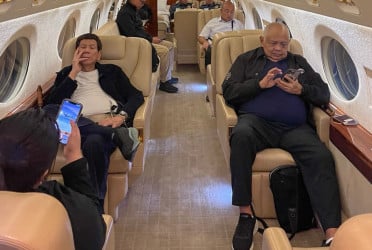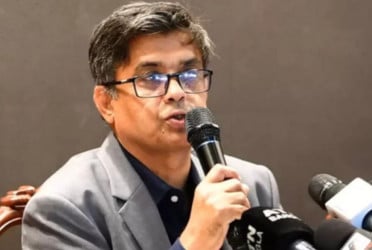President-elect Donald Trump and his supporters geared up on Wednesday to assume power following a resounding election win that could grant Republicans full control of the government and provide Trump with a strong mandate to implement his bold agenda for change.
Vice President Kamala Harris called Trump to concede and later spoke to supporters, stating that she assured him of her assistance with the transition and commitment to a peaceful transfer of power. Republicans have secured the Senate majority, while the battle for House control remains undecided, though the GOP is expected to maintain its lead.
Trump’s team has already identified several potential candidates for key cabinet positions. Billionaire hedge fund manager John Paulson and economic advisor Scott Bessent are being considered for Treasury Secretary, according to multiple sources who spoke anonymously. Additionally, Sen. Marco Rubio (R-Florida), a former contender for Trump’s vice-presidential pick, and former acting Director of National Intelligence Richard Grenell are being considered for Secretary of State, sources familiar with the discussions revealed.
Another former vice-presidential contender, North Dakota Gov. Doug Burgum (R), is expected to be appointed to the Cabinet, along with Vivek Ramaswamy, a former primary rival who became a Trump ally, according to sources familiar with the discussions. Additionally, individuals within Trump’s circle have suggested Sen. Tom Cotton (R-Arkansas) as a potential candidate for Secretary of Defense, a Trump adviser said.
The first major decision facing Trump is selecting his chief of staff. Susie Wiles, his top campaign advisor, is considered a leading candidate, according to several Trump advisers. Other names under consideration include Brooke Rollins, a member of a Trump-aligned outside group.
Several advisers revealed that Trump’s team quietly reviewed thousands of potential candidates for positions, preferring to avoid drawing attention before the election due to Trump’s superstition and skepticism about the transition process. The majority of the names come from recommendations by other Trump advisers, with a key objective being to steer clear of disloyal individuals who might undermine Trump’s agenda.
Advisers said Trump has expressed specific interest in the Justice and Defense Departments, feeling those agencies often hindered him during his first term. Discussions also began on Wednesday regarding plans for organizing the inauguration.
Trump campaign spokeswoman Karoline Leavitt stated that Trump "will start making personnel decisions soon" and added, "These decisions will be announced once they are finalized."
In a separate statement Wednesday evening, Trump spokesman Steven Cheung said President Joe Biden had extended an invitation to Trump to come to the White House "for a smooth transition" and that Trump "is looking forward to the meeting, which will take place soon."
In her concession speech, Harris acknowledged the concerns of those anxious about the election results. “I know many feel we’re heading into a difficult period, but for the sake of us all, I hope that won’t be the case,” she said. She then added, “If it is, let us light up the sky with the brilliance of a billion stars.”
Trump has been somewhat unclear about how he plans to deliver on many of his bold promises, which range from orchestrating the largest deportation of undocumented immigrants in history to ending the war in Ukraine. However, he has suggested a strategy of reorganizing certain government functions to boost presidential authority, reduce legal oversight, and enhance his ability to bypass Congress. The success of these plans may hinge on appointing loyalists who are willing to push the boundaries of government power, helping him reinstate the assertive, confrontational approach he employed in his first term. This would likely aim to reverse his predecessor's policies, expand executive power, and redefine America’s role on the global stage.
According to those close to Trump, one of the most critical appointments could be attorney general. Several names are being discussed among Trump’s allies, including Sen. Mike Lee (R-Utah), Sen. Eric Schmitt (R-Missouri), and John Ratcliffe, Trump’s former director of national intelligence. However, those involved in the transition efforts acknowledge that Trump could change his mind at the last minute and nominate someone who is not currently being seriously considered by the transition team for the key law enforcement position.
Trump has stated that he plans to fire special counsel Jack Smith, which would likely put an end to the Justice Department’s two criminal investigations into him. His previous relationship with the department during his first term—marked by frequent pressure on officials—is expected to be a major focus in a second term. Trump has previously indicated that he wants the department to investigate his critics.
Some of the individuals being considered for senior roles in Trump’s second term highlight his unconventional approach to governance. The Washington Post reported last week that Robert F. Kennedy Jr., a vocal critic of vaccines, is expected to take on a role overseeing health and food safety. He has been working on plans to "eliminate corruption and conflicts at agencies" and to "address the chronic disease epidemic" during the first 100 days of Trump’s return to office. In an interview with MSNBC on Wednesday, Kennedy stated his intention to eliminate entire departments within the Food and Drug Administration. His potential involvement has raised concerns among public health experts and leaders, who worry that he could undermine the nation’s public health infrastructure.
If Republicans hold control of both chambers of Congress, some of Trump’s ambitious proposals could become more achievable. However, others would still face significant obstacles. For example, Trump’s proposal to eliminate the Department of Education would likely need a supermajority of 60 votes in the Senate, a challenge that may be insurmountable.
With Republicans controlling the Senate, some of Trump’s appointments are likely to move forward more smoothly, making it easier for him to secure confirmation for controversial choices, as many of his nominees will require approval from the Senate.
When asked on Wednesday whether he would confirm Kennedy for a cabinet-level position, Rubio responded that the GOP-controlled Senate would show "great deference" to a president who just secured what he described as an "electoral college landslide" once the results are finalized.
Even before his victory on Wednesday, several conservative groups were vying for influence in a potential second Trump administration. During the campaign, Trump strongly distanced himself from a policy and personnel initiative led by the Heritage Foundation, called Project 2025, after Democrats used it as a point of criticism. Instead, he chose transition chairs linked to another pro-Trump organization, the America First Policy Institute.
The transition chairs, Linda McMahon and Howard Lutnick, have primarily depended on insiders from the America First Policy Institute to manage the vetting process for potential candidates for the Trump administration.
McMahon’s name is being discussed as a potential candidate for commerce secretary, according to a Trump adviser. She previously served as the head of the Small Business Administration during Trump’s first term.
Some individuals being considered for key appointments are directly linked to Project 2025, including Brendan Carr, a senior Republican on the Federal Communications Commission (FCC) who is seen as a leading candidate for FCC chairman under Trump. Carr contributed a chapter to Project 2025, in which he suggested using the agency to address conservative complaints about alleged censorship by Big Tech. He also seemed open to Trump’s calls for cracking down on broadcasters accused of bias.
Despite distancing himself from Project 2025 during the campaign, Trump aligns with many of its objectives, particularly its emphasis on appointing loyalists and advancing his overhaul of federal hiring rules through Schedule F. This provision would enable appointees to remove career civil servants and replace them with Trump allies. Trump began implementing Schedule F through an executive order at the close of his first term but was unable to complete the process. He is expected to roll back a Biden administration rule designed to block the reinstatement of the overhaul.
(Source: The Washington Post)
BD-Pratidin English/Mazdud

